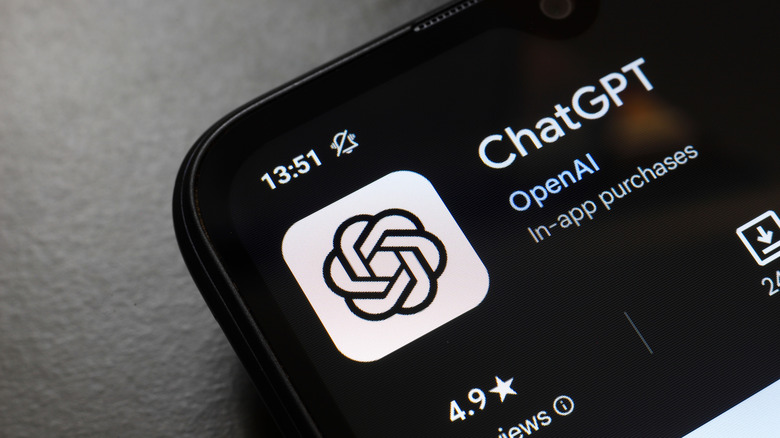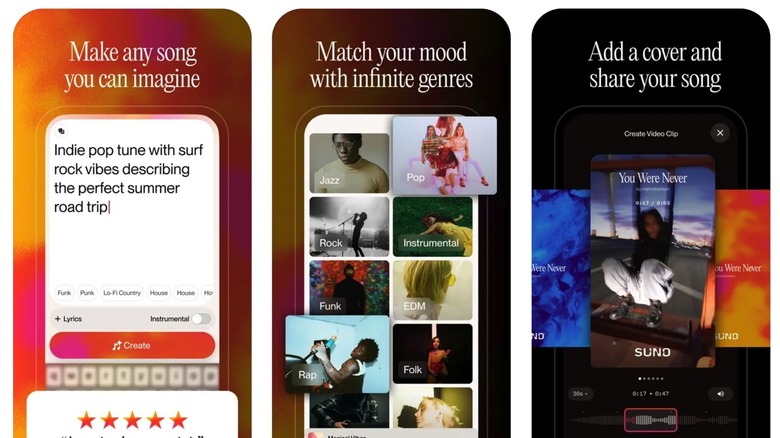OpenAI's Next Big Thing Might Be AI Music Generation
OpenAI already offers advanced image and video generation models. ChatGPT went viral earlier this year thanks to the GPT-4o image generation model that OpenAI built into the chatbot app. The Sora app went viral a few weeks ago when OpenAI unveiled the Sora 2 model. The next big thing for OpenAI might be music generation, according to a report from The Information (via TechCrunch).
The unreleased product, which currently lacks a commercial name, would compete against similar offerings from Suno, Google, and other AI companies. The OpenAI music generation tool would work just like its image and video generation models. Users would input a prompt describing the kind of music they want, and the AI would generate music according to those commands. ChatGPT already supports a voice mode, and the AI can read its responses aloud. Sora 2 clips include sound effects and speech. A standalone AI model that can generate music could complement the AI audio features in OpenAI's products, especially Sora 2.
AI music generators have become popular
A music-making generative AI product would allow users to add music to existing videos or generate specific music to be paired with a vocal track, like a particular instrument. While it's unclear when OpenAI might release a music generation tool and whether it will be included in the current ChatGPT experience, The Information notes that OpenAI is working with Juilliard students to annotate scores to train the AI.
OpenAI's interest in AI-generated music isn't surprising. On the one hand, OpenAI has launched music models in the past, as TechCrunch points out. On the other hand, generative AI tools that can make music with a simple text prompt are becoming more popular with users. A few weeks ago, Bloomberg reported that the Suno app (screenshots above) is bringing in more than $100 million in annual recurring revenue. The AI startup is in talks to raise $100 million at a valuation of more than $2 billion. Microsoft brought Suno support to Copilot a couple of years ago. Other examples of AI music generation tools include Udio, Riffusion, and Google's MusicLM.
There's more evidence of consumer interest in AI music as well. For example, a few months ago, a fake AI band raked in hundreds of thousands of streams on Spotify. This shows that some people will use AI to make commercial music, while others will consume it. Record labels will be the least excited to see OpenAI join the growing list of companies offering users AI software that can generate music. Bloomberg pointed out a few weeks ago that Universal Music Group NV and Warner Music Group Corp. sued Suno and Udio over alleged copyright infringement, claiming the companies used copyrighted music to train their AI models.

